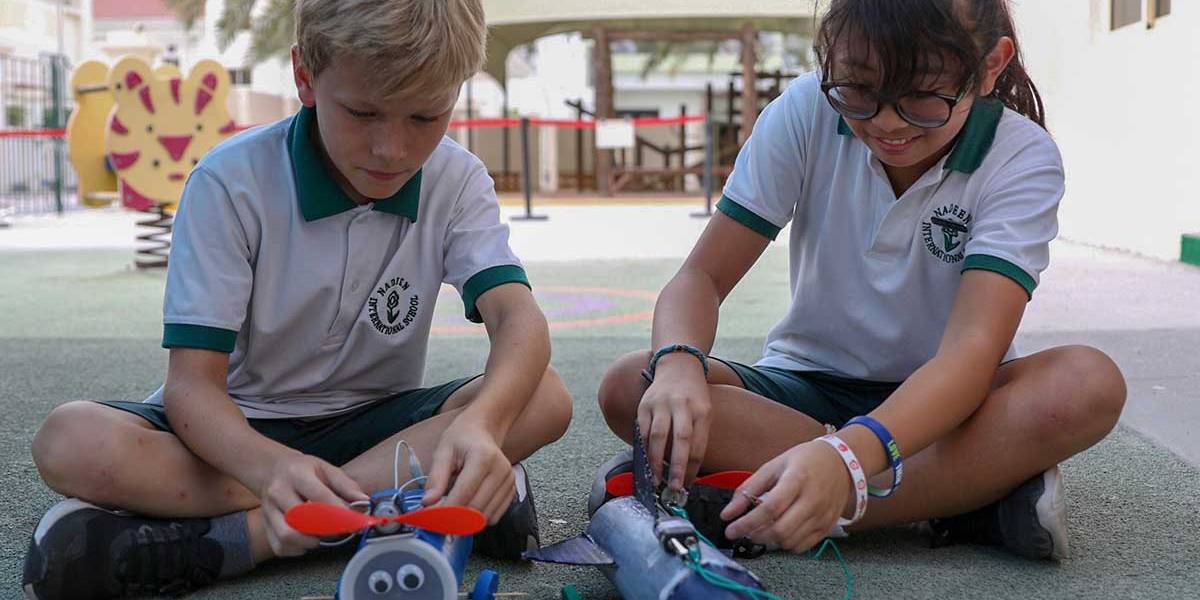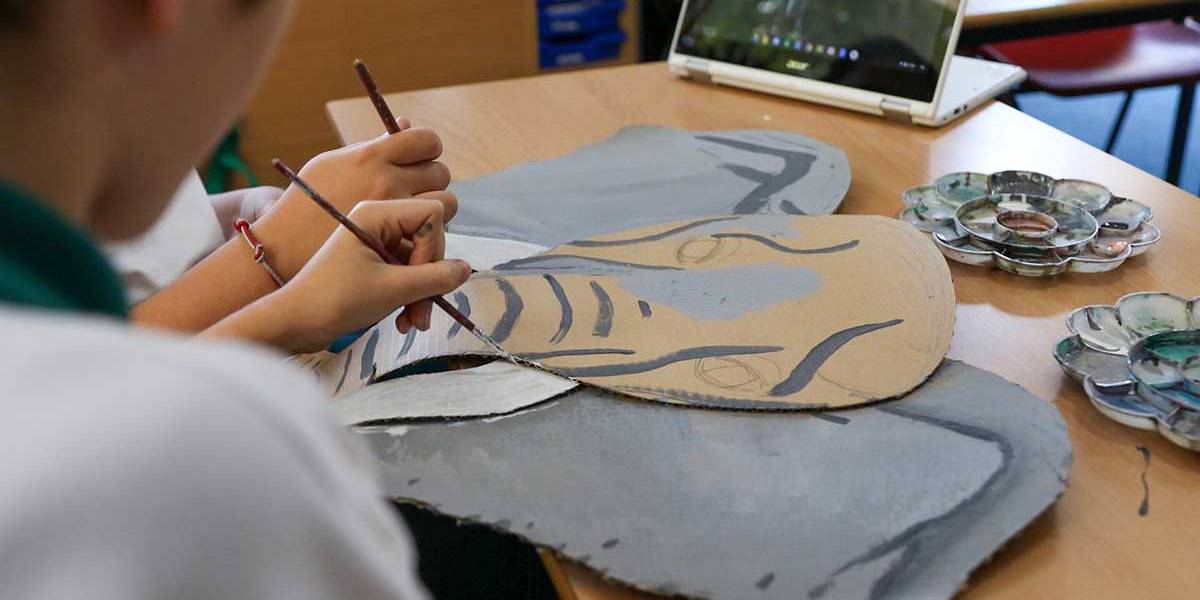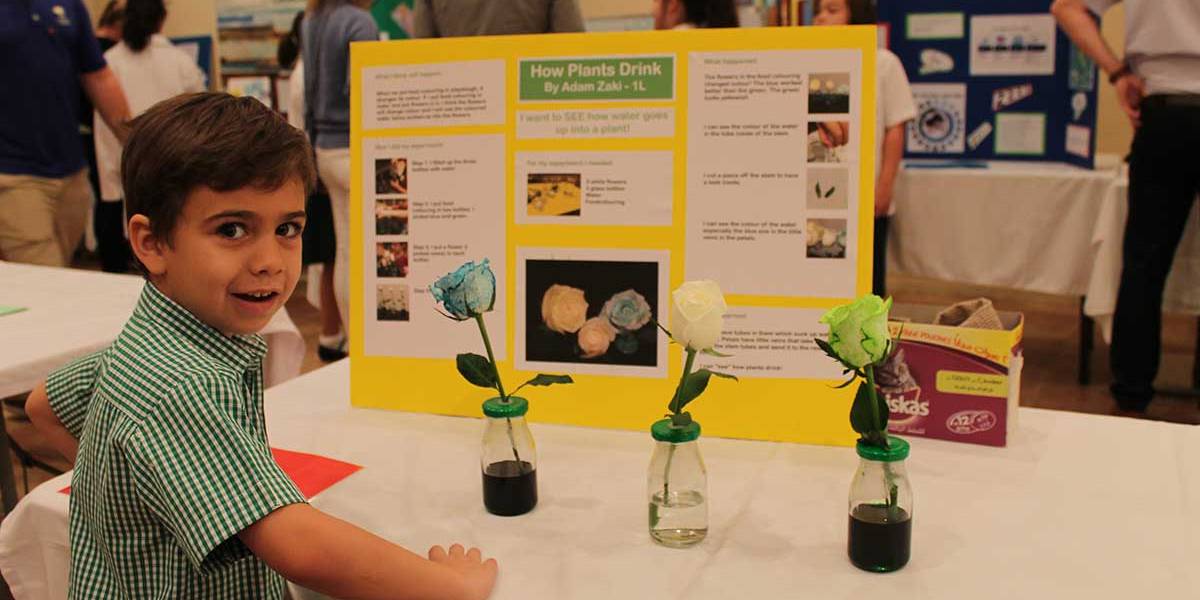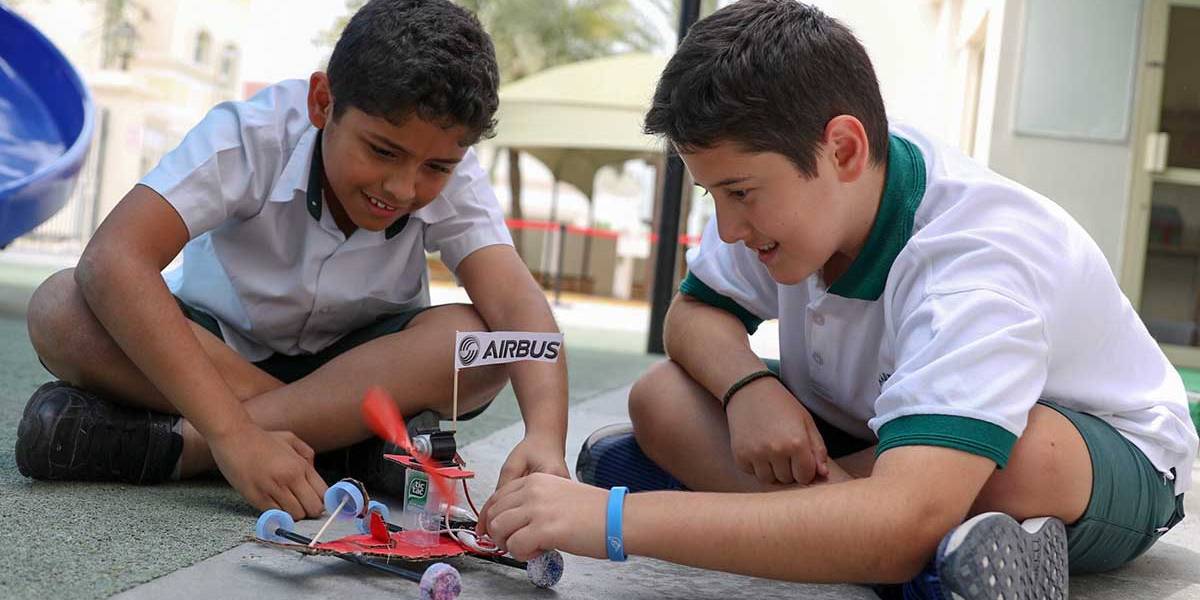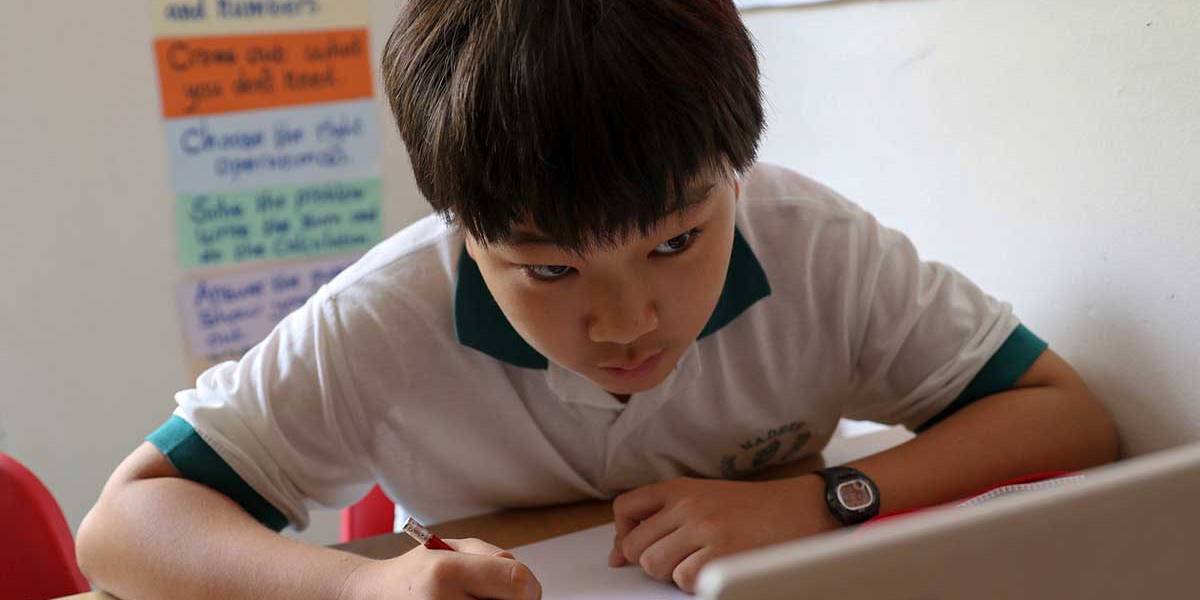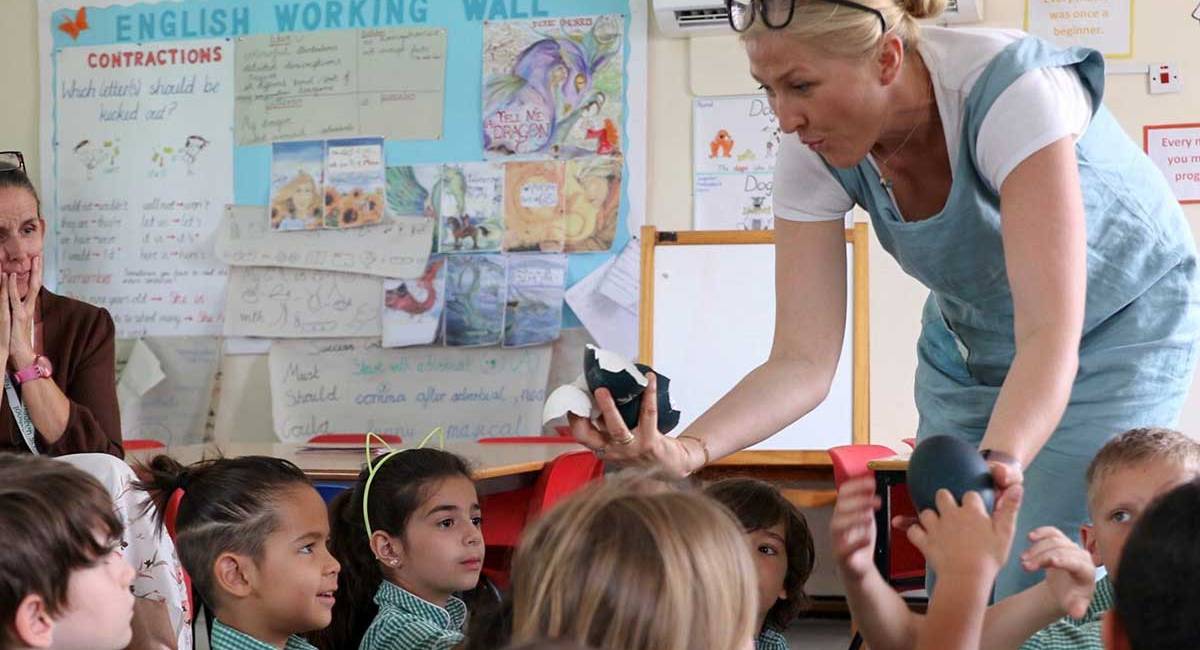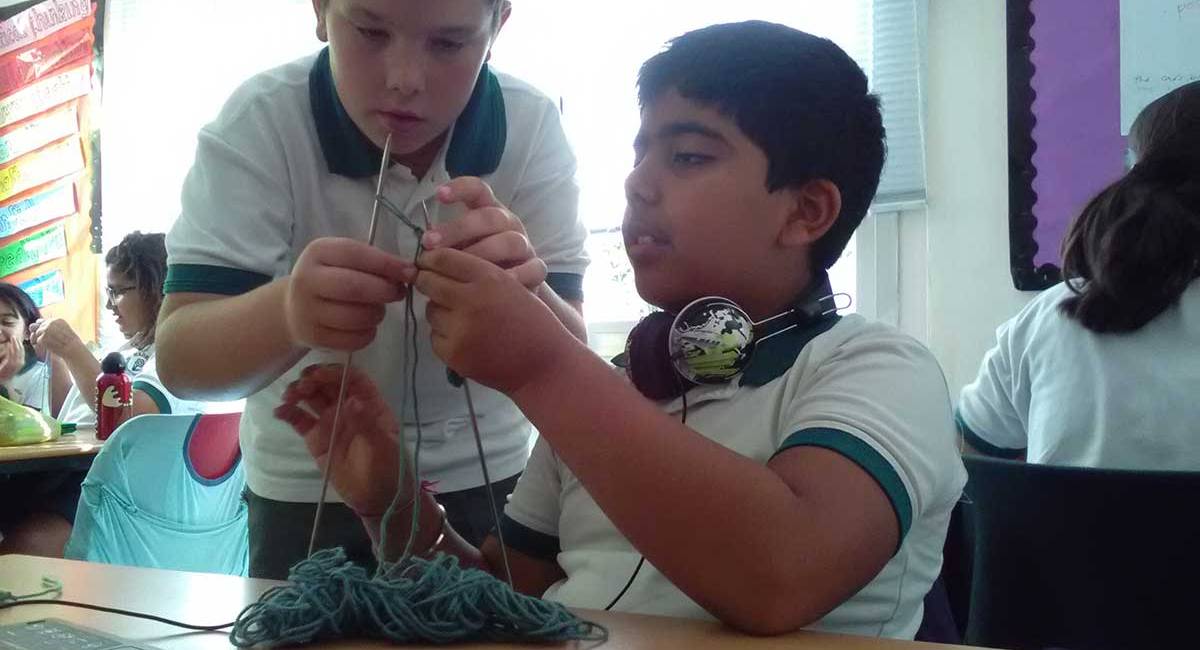Can We Keep Learning Over the Summer? by Miss Diane
Introduction
Ever since the 1970s, there has been an ongoing debate about whether or not students lose learning momentum over the summer holidays (Heyns, 1978). While it is true that there may be fewer structured learning opportunities during this period, parents can still play a crucial role in supporting their child’s academic progress throughout the Summer. This article suggests some engaging reasoning and problem solving activities to keep your child learning and developing critical skills during the break.
Remember, these suggestions are not just for Summer but can be used all year round.
Importance of Reasoning and Problem Solving
At its heart, problem-solving involves recognising challenges, exploring possible solutions and applying effective strategies to achieve the desired results. Similarly, reasoning includes logical thinking, identifying patterns, and drawing conclusions based on evidence and information. These skills together form the basis of flexibility and adaptability, which are essential for success in the 21st century.
Beyond problem-solving, there is metacognition—a concept that refers to being aware of and understanding one’s thinking processes. Metacognitive skills allow children to reflect on their thoughts, monitor their progress, and adjust their strategies when necessary. By fostering metacognition alongside problem-solving and reasoning, children gain a deeper understanding of how they learn, leading to more effective problem-solving outcomes.
Research consistently shows that children who excel in problem-solving and reasoning achieve higher academic success across various subjects (Stoeger, Fleischmann & Ziegler, 2015). Moreover, these skills are invaluable outside the classroom, helping children navigate real-world challenges with confidence and resilience. Recent studies have highlighted the link between strong problem-solving abilities and increased creativity, adaptability, and innovation—traits that are highly valued in today’s ever-changing workforce.
By supporting the development of these critical skills, we can help our children thrive both academically and in their future careers. Let’s work together to nurture problem-solving, reasoning, and metacognitive skills, setting our children on a path to success.

Riddles and Reasoning Club
Developing reasoning and problem-solving skills was the foundation of our Riddles and Reasoning extracurricular club. Each week, students gathered and collaborated in different teams to tackle a variety of puzzles and challenges. For many, this club was their first opportunity to explore maths games, Sudoku, maths riddles, and even to create their own maths challenges.
Every week, it was evident that the children were completely absorbed in their tasks. They eagerly shared ideas for solutions and tested them out to see if they worked. Even when their solutions were incorrect, it provided the group with a valuable chance to discuss, suggest corrections, and try again. This process embodied engagement, self-regulation and resilience.
Most importantly, the club fostered intellectual playfulness, an essential aspect of High-Performance Learning. Through this playful yet rigorous approach, students developed a love for learning and practised building the skills they need and will use in the future.

Suggested Activities for Parents and students
-
- Teacher Suggestion – By now your child’s class teacher will have made some suggestions of areas your child may need to consolidate along with some recommended websites. Please follow those suggestions. Also, ensure some balance as it is the Summer holidays and should include relaxation, rest and fun!
- Daily Puzzles and Brain Teasers: Introduce your child to puzzles such as maths crosswords, word crosswords, Sudoku, or logic puzzles. These activities stimulate critical thinking and enhance problem-solving skills.
- Interactive Educational Games: Utilise online platforms or board games that require strategic thinking and planning. Games like chess, Scrabble, or educational apps can make learning fun and interactive. There are sites that are based on different areas of the curriculum like Turtle Diary. Don’t forget about using Numbots and Times Table Rockstars.
- Reading and Discussion: Encourage your child to read a variety of books and discuss the stories with them. Ask questions about the plot, characters, and possible alternative endings to develop their analytical thinking. We also have access to Epic and Oxford Owl over the Summer too.
- Science Experiments: Conduct simple science experiments at home using everyday materials. This hands-on approach promotes curiosity and understanding of scientific concepts. Here is a website worth exploring and there are numerous Youtube videos with ideas.
- Maths Challenges: Create daily or weekly maths challenges that involve real-life scenarios, such as budgeting for a family meal or calculating travel times for a trip. Perhaps you could cook or bake together. Ask questions like ‘What if we wanted to feed twice as many people, how could we work that out? This practical application of maths reinforces their learning.
- Creative Problem-Solving Activities: Engage your child in activities that require creative solutions, such as building structures with LEGO, solving escape room kits, or crafting projects that involve planning and design.
- Board Game Nights: Host family game nights featuring board games that require strategic thinking, critical reasoning, and decision-making. Games like Chess and Scrabble are games that have stood the test of time and are great for problem-solving skills in a fun and interactive setting.
- Creative Challenges: Provide your child with materials for open-ended creative projects, such as building blocks, art supplies, or recycled materials. Encourage them to design and build their own creations, solving design challenges as they go. Some ideas are here.
- Summer Learning Programs: Enrol your child in summer learning camps or academic summer schools that offer structured programs to prevent learning loss and enhance their reasoning abilities. Some camps over the Summer are listed here.
By including some of these activities in your child’s summer routine, you could help them maintain their academic skills and return to school ready to tackle new challenges. Have a wonderful Summer filled with learning opportunities.

Further reading
child-appeal.org – Motivating Children for Summer Vacation Learning
marlborough.org – Why is Problem Solving Important in Child Development?
ncbi.nlm.nih.gov – Children’s Health, Wellbeing and Academic Outcomes over the Summer holidays..
researchgate.net – Summer Learning Loss: The Problem and Some Solutions
researchgate.net – Summer learning and its implications: Insights from the …
tist.school – Role of Schools in making the children motivated towards …
Journals
Cooper, H., Nye, B., Charlton, K., Lindsay, J., & Greathouse, S. (1996). The effects of summer vacation on achievement test scores: A narrative and meta-analytic review. Review of Educational Research, 66(3), 227-268.
Eglitis E, Miatke A, Virgara R, Machell A, Olds T, Richardson M, Maher C (2024). Children’s Health, Wellbeing and Academic Outcomes over the Summer Holidays: A Scoping Review. Children. 2024; 11(3):287
Stoeger, H., Fleischmann, S., & Ziegler, A. (2015). Critical thinking, problem-solving, and academic performance: The role of motivation and self-regulation. High Ability Studies, 26(2), 161-176.
Books
Hattie, J. (2009) Visible Learning: A Synthesis of Over 800 Meta-Analyses Relating to Achievement. Routledge.
Heyns, B. (1978). Summer Learning and the Effects of Schooling. United Kingdom: Academic Press.
Clements, D. H., & Sarama, J. (2014). Learning and teaching early maths: The learning trajectories approach (2nd ed.). Routledge.
Dweck, C. S. (2006) Mindset: The New Psychology of Success. Ballantine Books.
Fisher, R. (2013). Teaching Thinking: Philosophical Enquiry in the Classroom. Bloomsbury Publishing.




